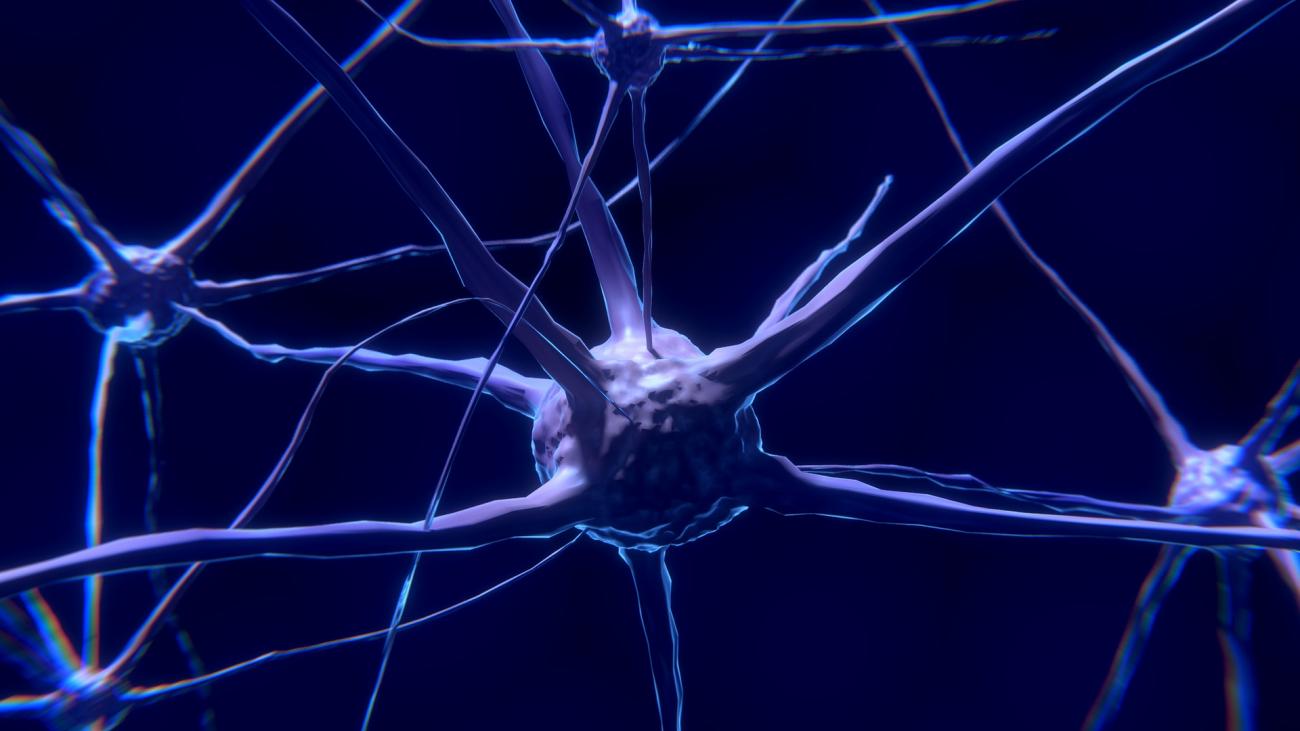NACS researchers study basic mechanisms of neural development and function in order to identify mechanisms that link genetic and experiential factors to typical and maladaptive outcomes. These workers approach the study of disorder, psychopathology, and treatment from three approaches: first, from the idea that translational approaches, cross species and system are critical for understanding basic mechanisms; second, that collaboration across laboratories are essential for making headway in understanding the etiology and causal links between perturbations in brain development and disorders, and third, that novel interventions must be linked to basic mechanisms in brain activity and function.



